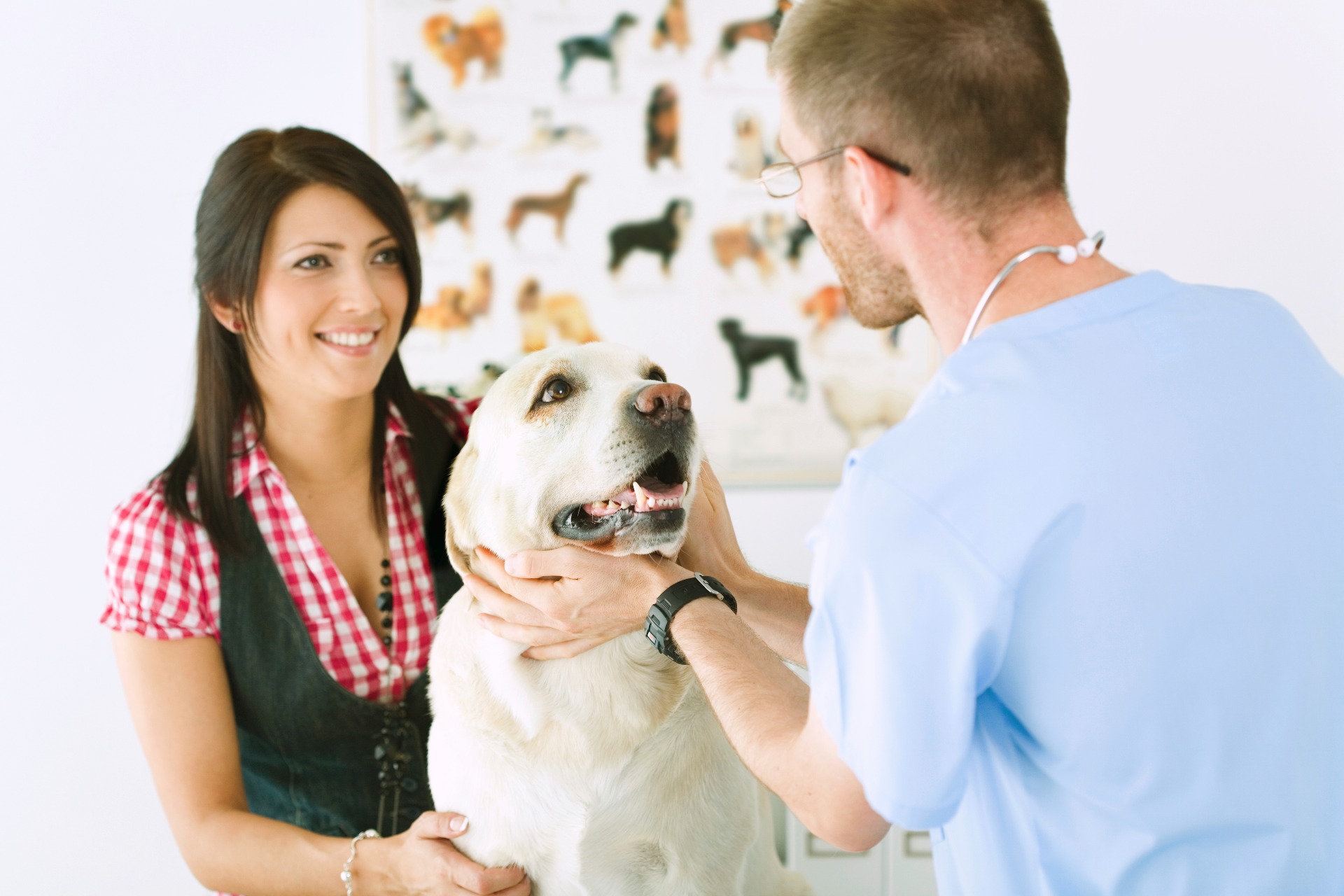
Dog Food Sales
Dog Nutrition Tips You Should Know

Whatever your dog's breed, proper nutrition is necessary for optimal growth and health. But with so much information available, it does get confusing. Should you feed your pet raw meat or grain? What if he's allergic to certain foods? Is it okay to give him processed dairy products?
Regardless of their lifestyle or age, dogs should get certain percentages of carbohydrates, proteins and healthy fats in their diet. Omega 3, a healthy fat, improve mental function, joint health and vision even early on in their lives. Of course, they should also get vitamins and minerals, along with phosphorous, calcium and the rest.
However, how much they need exactly, varies from one stage of their lives to another. For example, a newborn puppy is going to need his mom's milk for all his nutritional requirements. But after three to five weeks, they should begin eating the best dog food for small dogs.
And yes, puppy food is different from regular hypoallergenic dog food because puppies have greater caloric and nutritional requirements, considering they're still growing. In terms of minimum protein needs, pups need 22% while adult dogs require only 18%. Take note that nutritional deficiency can bring about orthopedic problems and other growth issues. Bigger dog breeds, in particular, are very vulnerable.
As soon as a dog reaches adult height, he must shift to adult food. Of course, he would have now reached the end of his growth cycle, and his nutritional needs will now be greatly influenced by his level of activity.
Depending on breed, a dog is considered an adult when he has reached an age of 6 to 24 months. Certainly, size matters too! A German Shepherd will have different nutritional needs from a Chihuahua. If your dog is generally healthy and of medium size, and exercises around half an hour a day, he likes needs 20 to 25 kg daily to sustain. If your dog just got injured and is in the process of getting better, you need to talk to the vet for recommendations.
In general, average size dogs that are around 10-12 years old have reached adulthood, but remember that bigger breeds age faster and may be considered senior upon reading the age of 7. As people, dogs also lose muscle mass and get arthritis as they get older. They may be slower in movement and less energetic.
If you have a senior dog who is generally healthy, you want to make sure he's not getting too many calories to keep him from gaining weight. Adult dogs who get heavier can have more joint aches and could even cause diseases such as diabetes.
Finally, make sure you give the pet enough vitamin E and beta-carotene, as well as omega 3's for healthier joints and better eyesight. Should you wish to read more, visit https://www.youtube.com/watch?v=rD6pb6yC__0.